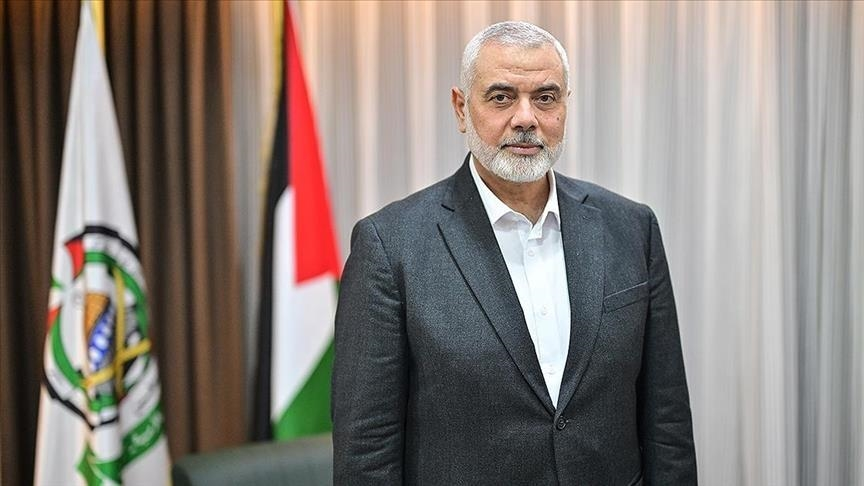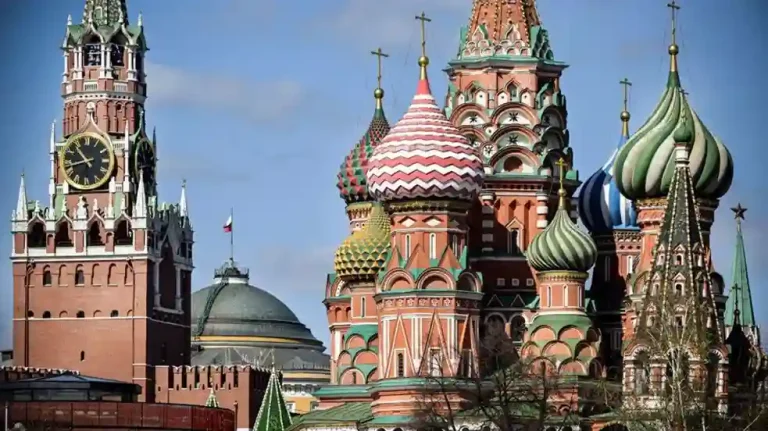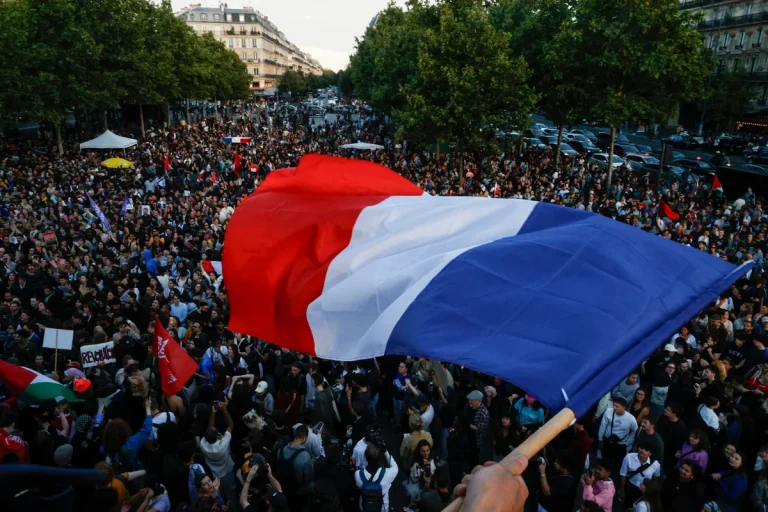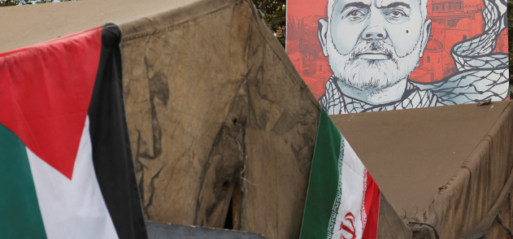CAIRO, July 31
Hamas leader Ismail Haniyeh was assassinated early Wednesday morning in Iran, according to the Palestinian militant group, raising concerns about potential escalation in a region already destabilized by Israel’s war in Gaza and the intensifying conflict in Lebanon.
Iran’s Revolutionary Guards confirmed Haniyeh’s death, which occurred hours after he attended the inauguration ceremony for Iran’s new president. The Guards announced an investigation into the incident. Israel has not yet commented, with the Israeli military stating it is conducting a situational assessment without issuing new security guidelines for civilians.
U.S. Defense Secretary Lloyd Austin expressed that Washington would strive to reduce tensions while reaffirming that the United States would defend Israel if attacked.
The announcement followed Israel’s claim of killing a Hezbollah commander responsible for a deadly attack in the Israeli-occupied Golan Heights, potentially diminishing hopes for a ceasefire in Gaza. “This assassination by the Israeli occupation of Brother Haniyeh is a grave escalation intended to break Hamas’ will,” senior Hamas official Sami Abu Zuhri told Reuters, asserting that Hamas would persist in its efforts and remained confident of victory.
Iran’s top security body is expected to convene to determine the country’s response to Haniyeh’s death, a close ally of Tehran, according to a knowledgeable source. Palestinian President Mahmoud Abbas condemned the killing, and Palestinian factions in the West Bank called for a general strike and mass demonstrations.
Typically based in Qatar, Haniyeh has been a prominent figure in the group’s international diplomacy amid the ongoing war that began with Hamas’ attack on Israel on Oct. 7. The conflict has resulted in the deaths of three of his sons in an Israeli airstrike. The International Criminal Court had requested an arrest warrant for Haniyeh on alleged war crimes, concurrently with a similar request against Israeli Prime Minister Benjamin Netanyahu.
Appointed as Hamas’ leader in 2017, Haniyeh frequently traveled between Turkey and Qatar, evading the travel restrictions of Gaza and facilitating negotiations in ceasefire talks with Hamas’ ally Iran.
Haniyeh’s assassination coincides with the nearing end of Israel’s 10-month campaign in Gaza, with no resolution in sight for the conflict that has shaken the Middle East and threatened broader regional war. Despite mounting pressure from the families of Israeli hostages in Gaza and international calls for a ceasefire, negotiations brokered by Egypt and Qatar appear to have stalled.
The risk of war between Israel and Hezbollah has heightened following an Israeli strike in the Golan Heights that killed 12 children in a Druze village and the subsequent killing of senior Hezbollah commander Fuad Shukr.
The war, initiated by Hamas’ Oct. 7 attack on Israeli communities, resulted in 1,200 deaths and the abduction of approximately 250 hostages. Israel’s response has involved an intense ground and air campaign in Gaza, causing over 39,000 deaths and a severe humanitarian crisis for more than 2 million residents.





